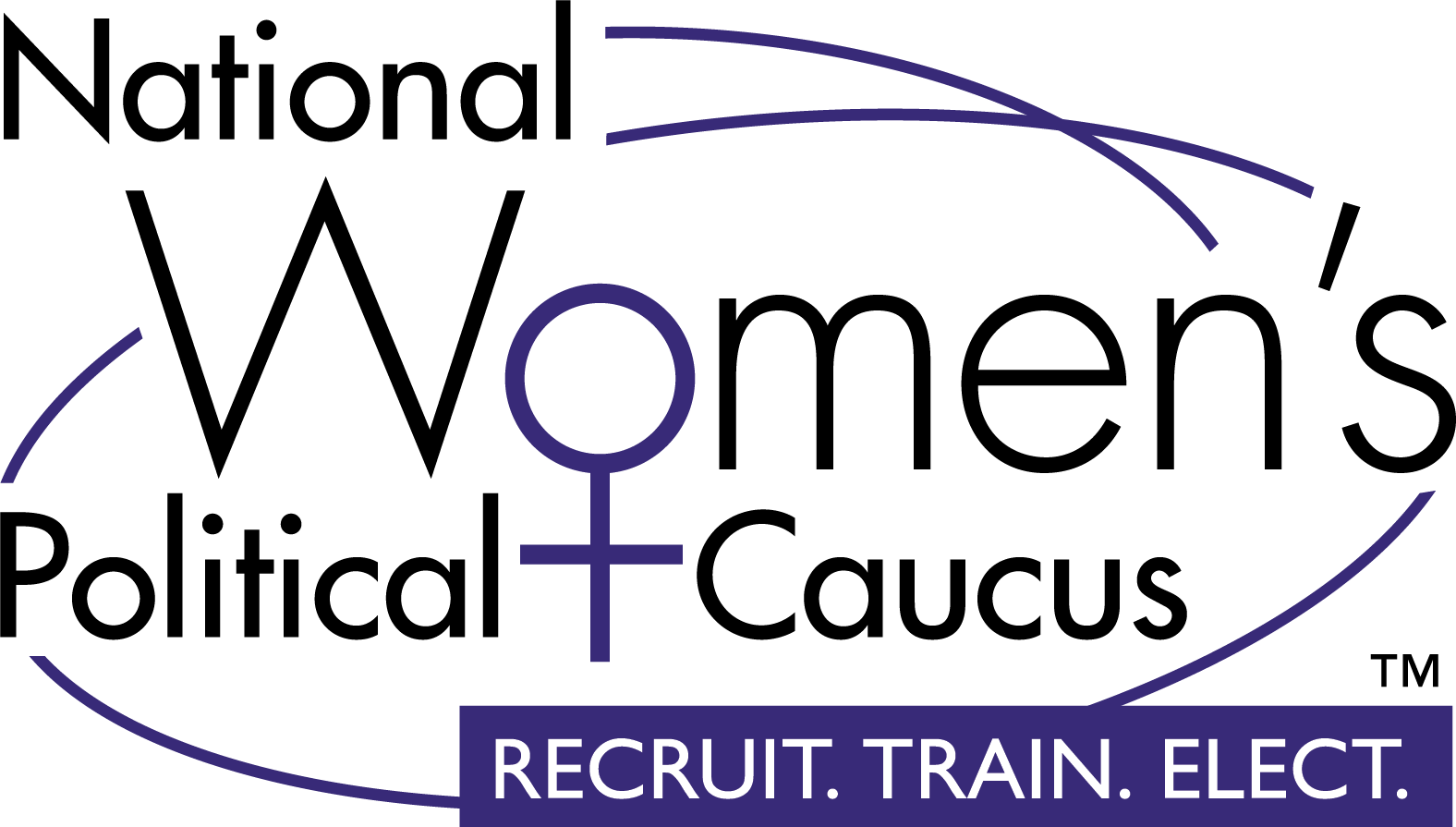By Emily Kurland, NWPC Political Planning and Action Intern
Gender equality cannot be achieved until all women, regardless of race, ethnicity, sexuality, financial status, ability, or religion are included. The modern movement towards gender equality too often focuses on white womens’ struggles and hardships, leaving women with intersecting identities behind. While there is no doubt that being a woman, in itself, comes with a plethora of challenges, women without intersecting identities face far fewer societal and systemic barriers.
In the past five years, the United States has experienced a renewed attack on women’s rights as lawmakers have attempted to eliminate a women’s right to choose, limit government assistance to vulnerable populations, and restrict access to critical health care services. However, these attacks have unequally affected women of color, a significant blow towards the push for gender equality. However, these stories are often unreported and the legislation aimed at aiding these issues are rarely passed. Women with intersecting identities are commonly left behind in the push towards gender equality and are the ones most affected by the lack of legislative protections for women. That being said, while many straight, white, cisgender, able-bodied women have reaped the many benefits of the decades-long push for gender equality, there is still much headway to be made before all women are truly considered equal.
While this may seem like a grim outlook, there is much that can be done on both an individual and governmental level. Conversations regarding modern feminism and gender equality need to be shifted to be inclusive of the barriers all women face. These discussions and recognitions need to be coming from men and women, both in the government and the private sector. Additionally, more attention should be paid to policies that aim to help vulnerable women. From paid maternity leave to universal pre-k, these programs are pivotal in moving towards intersectional gender equality. Lastly, women who do not have intersecting identities need to shift the focus of the gender equality movement off themselves. In order for meaningful change to be made for the women who need it the most, the spotlight must be shone on them. While the tremendous strides in the gender equality movement have been no small feat, it is much overdue for intersectional feminism to become the forefront of the gender equality movement.
Creating a future for feminism and gender equality that is intersectional is the only way forward. Women with intersecting identities have been ignored and dismissed for too long and it is time for us as a country to realize that we must recognize the needs of these women. True gender equality cannot be achieved for everyone until all women, regardless of identity, are equal.

Emily Kurland is a rising senior at the University of Minnesota – Twin Cities from Naperville, Illinois. She is pursuing majors in Political Science and Global Studies and a minor in Communication Studies. Serving as fundraising director for She’s the First and Vice President of Marketing for the Undergraduate Political Science Association, she has always taken a keen interest in the importance of female leadership, especially in government. After graduating college, Emily plans to attend law school with hopes of becoming a Human Rights Lawyer. In her free time, Emily enjoys reading books that expand her worldview, listening to NPR’s Consider This podcast, and staying up to date on current events.

